Capacity Building
Part of Caravan’s mission is professionalising pedagogic, social, artistic and administrative skills in the sector. To that end, many of our projects are focussed on improving the capacity of our members to deliver their youth and social circus programmes.
Circus Overseas
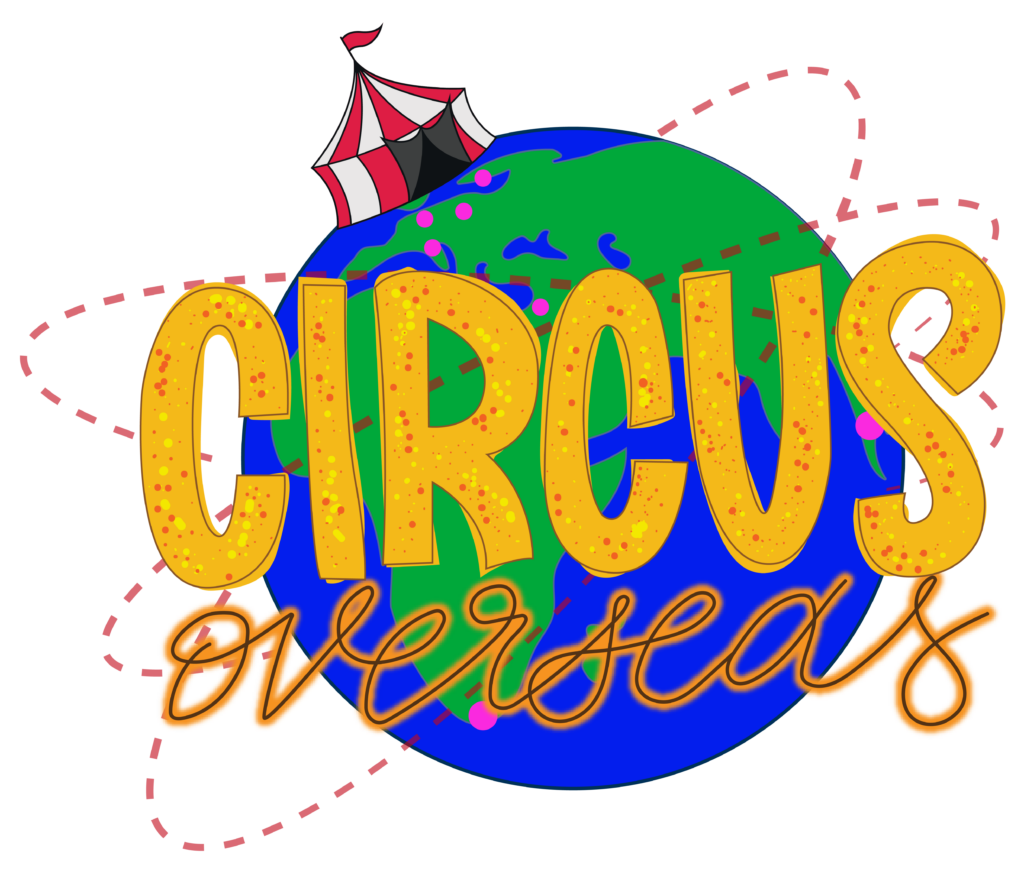
Circus Overseas is a two year (2021-2022) project which aims to address the challenges of managing social circus activities and entities through a series of four (4) training modules for young circus trainers and staff from the circus schools’ partners in the project and beyond. This capacity building will be done through a combination of circus arts and non-formal education, valuing peer exchange and experience sharing while fostering creativity, liberty, and intercultural dialogue.
The Toolkits
Module 1: Zip Zap, South Africa – Circus arts technical development.
Module 2: Phare, Cambodia – Managing and leading youth circus organisations.
Module 3: AltroCirco, Italy – Pedagogy and act of teaching.
Module 4: Le Plus Petit Cirque de Monde, France – Directing and staging circus.
Our Objectives
– Improve the quality of youth work, by combining non-formal education and circus, fostering creativity, liberty and intercultural dialogue
– Support for competence and skill development to/for young people with fewer opportunities, inspiring them to participate actively
Circus Overseas is a partnership project between circus school from 6 different countries; Sirkus Magenta, Zip Zap Circus, Le Plus Petit Cirque du Monde, Phare Ponleu Selpak, Altro Circo, Palestinian Circus School and Caravan.
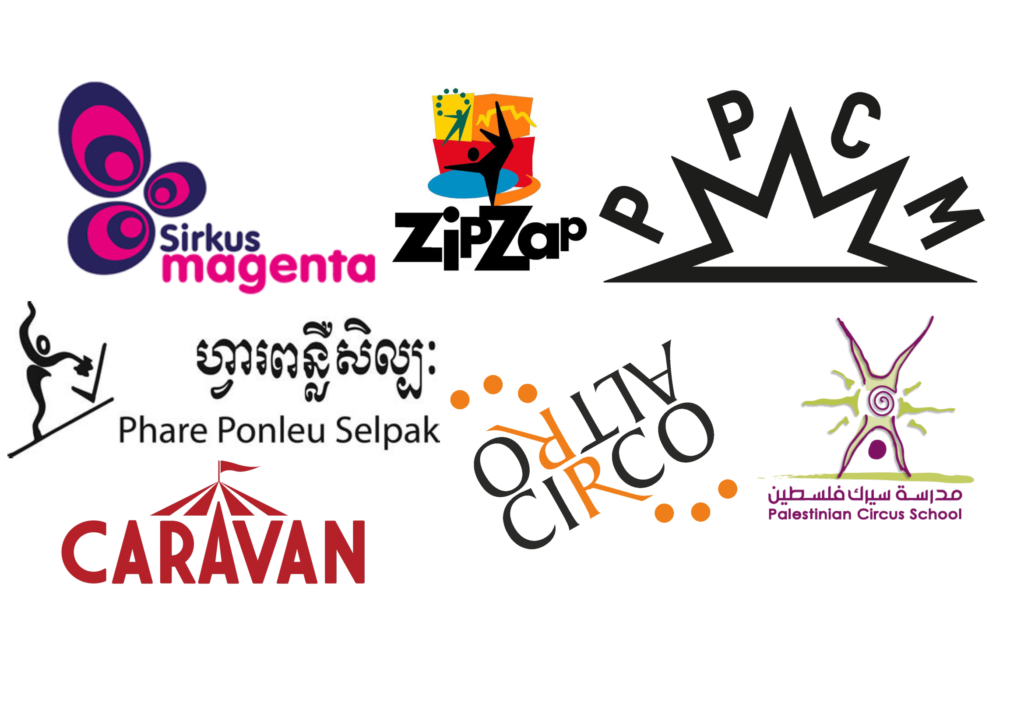
Circus Overseas is funded by the Erasmus + program of the European Union.

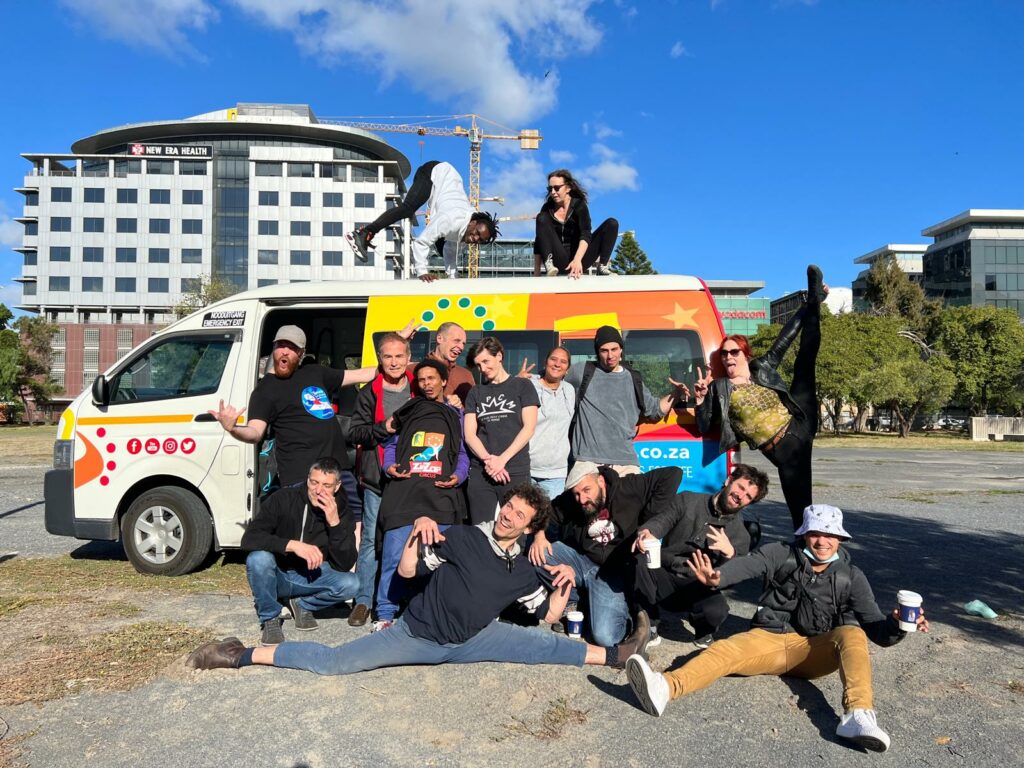
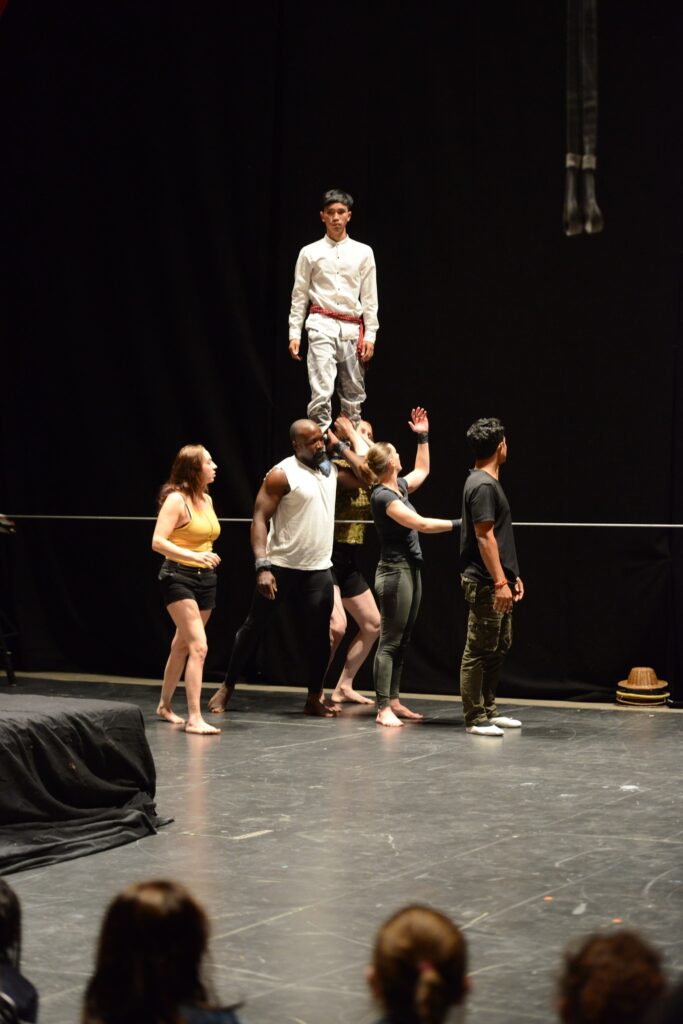
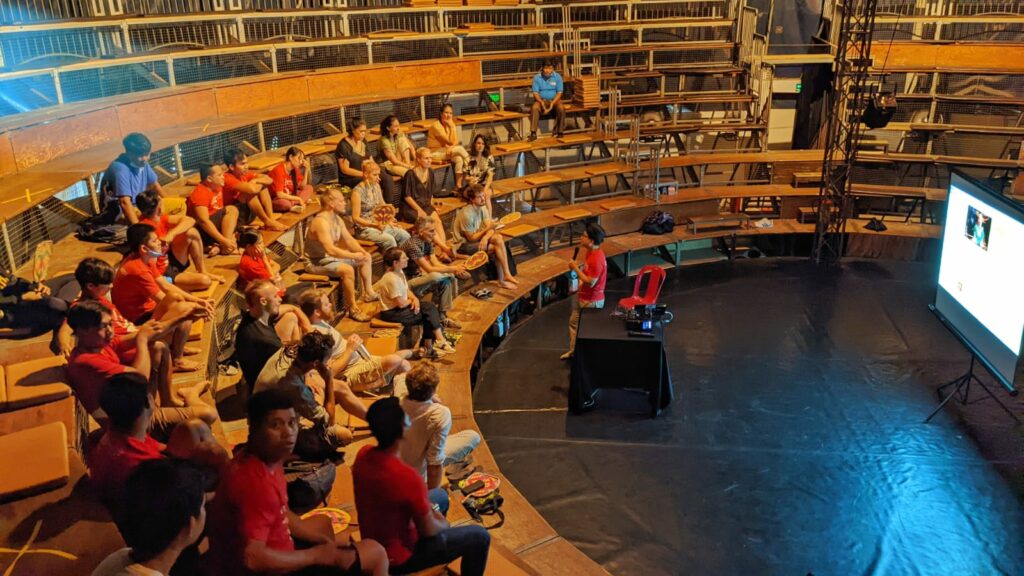
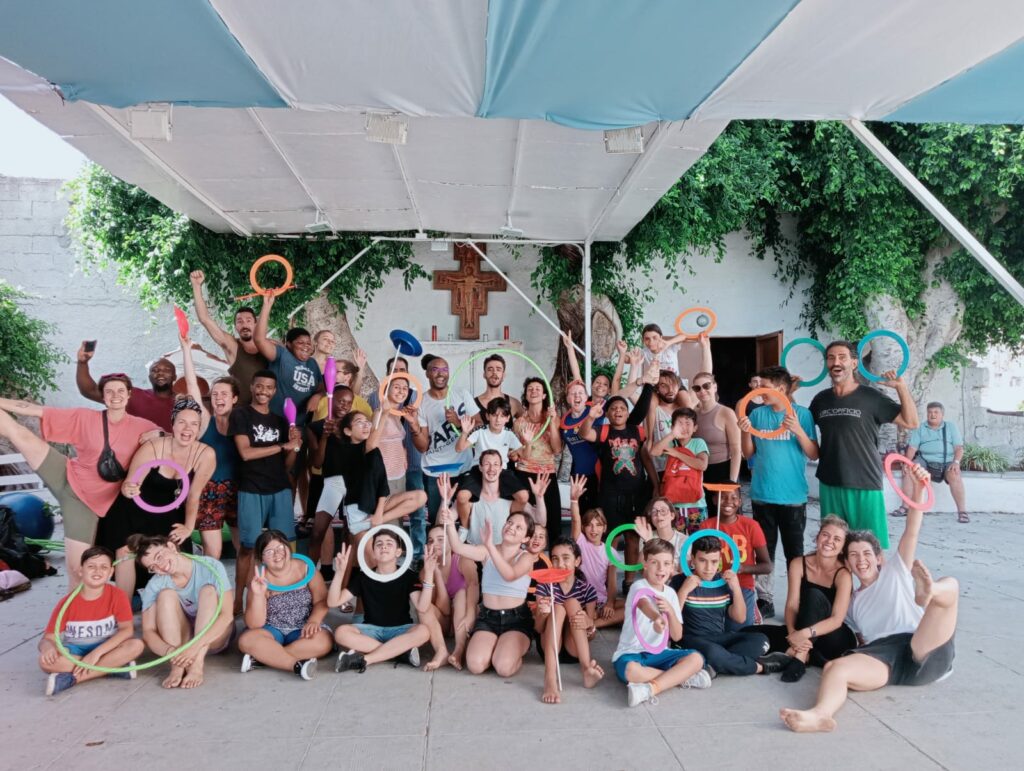
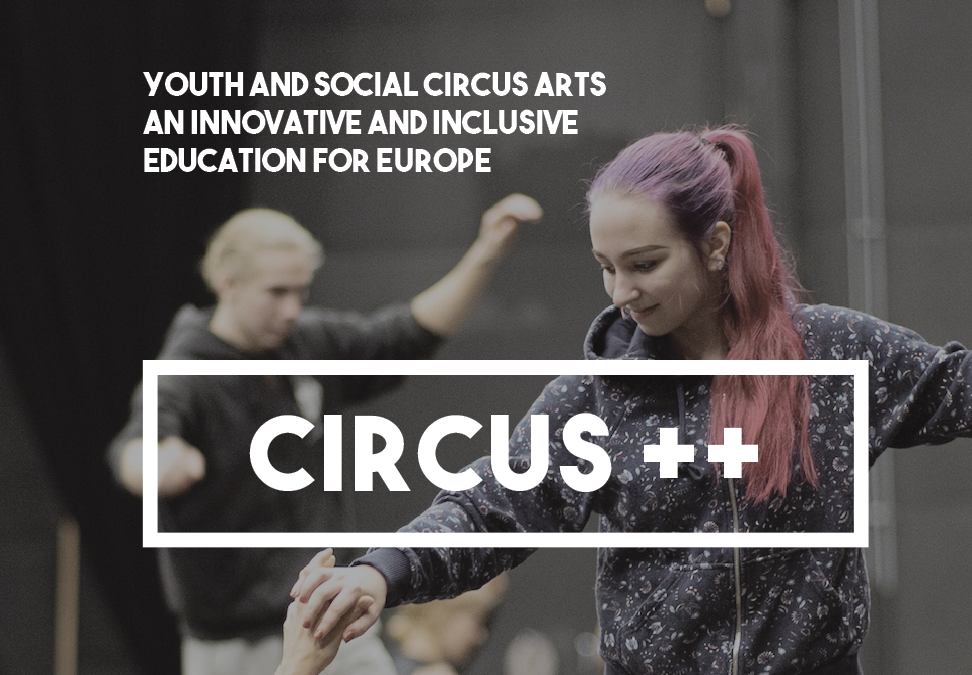
Circus ++
Circus++ is a three-year project (2019-2022) in which universities and circus schools from five partner countries are developing a curriculum for the first Europe-wide training programme in youth and social circus pedagogy.
The project produces the very first research based European full-degree curriculum of 180 ECTS in EQF level 6 of Youth and Social Circus Pedagogy with five national implementation plans to respond both to the shortage of the professionals and qualitative needs. It is possible for the future students either to carry out the studies in one European country or construct the whole study programme by choosing the suitable modules from the European offer. The programme includes a model for validation of prior formal, non formal and informal learning and a model for a personal study plan that supports both employability and mobility in Europe. The programme is free of charge and available for all those universities and social circus schools who would like expand and deepen their work into youth and social circus or take advantage of it in their social or educational activities.
Circus+ is a partnership project between universities and circus schools from five partner countries, Tampere University, Sorin Sirkus, Stockholm University of Arts, Cirkus Cirkör, Le Plus Petit Cirque du Monde, National University of Ireland Galway, Galway Community Circus, CIRQUEON and Caravan.

Circus++ is funded by the Erasmus+ programme of the European Union

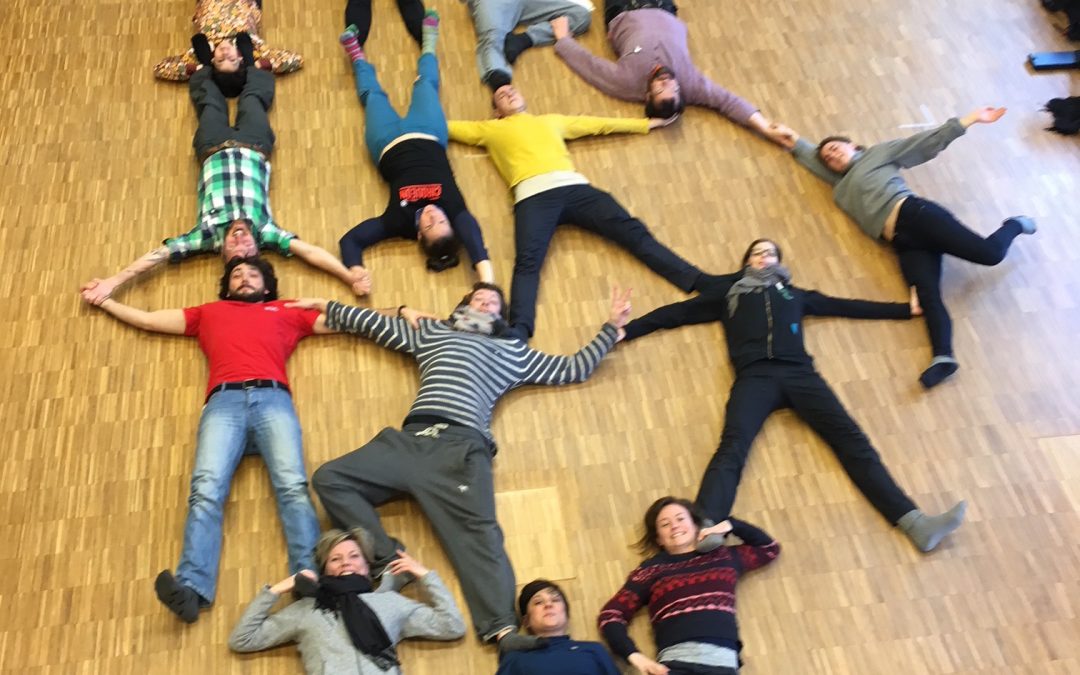
Extending Circus Trans Formation
Extending CTF was a project enabling new circus schools and circus trainers to deliver CTF in Action, thus participating in its development all over Europe. Therefore, the Caravan board decided to evaluate former CTF in Action training programmes and implementations in order to continue delivering a training of quality and improving its benefits for social circus trainers.
Objectives:
1: Evaluating and ensuring the quality of CTF: In the framework of the guidebook, this training gave opportunity for all partners involved in the implementation of CTF to reflect and evaluate the quality of the training.
2: Fostering exchange of good practice among Caravan members: the experienced Caravan members who have been hosting CTF in Action shared their good practice and expertise in the implementation of the training with other Caravan members.
3: Developing training capacity of Caravan members to host and organise Circus Transformation in Action in the legacy of the research that was conducted from 2009 to 2013.
The project took place during two modules
Module 1 : 15-19 January 2018 hosted by Zaltimbanq’ in Luxembourg : The aim of Module 1 was to evaluate and ensure the quality of CTF in Action and to foster exchange of good practice among Caravan members (Objective 1 and 2)
Module 2 : 6-10 March 2018 hosted by Ecole de Cirque de Bruxelles in Belgium focused on developing the training capacity of Caravan members (Objective 3) and implementing the recommendations formulated during Module 1 for future CTF in Action implementations.
Partners: Sorin Sirkus, Ecole De Cirque De Bruxelles, Skala, Zaltimbanq, Le Plus Petit Cirque du Monde, CIRQUEON, Galway Community Circus, Belfast Community Circus School
Participants: 22 participants from 11 different circus schools in Europe took part in this project.
Two collaborators also participated in the activities that took place during Module 1. They contributed in the design and conducted the methodology of the evaluation of CTF in Action:
Bernard Mercier, a Doctor in Educational Sciences and originally a primary school teacher, has been designing and delivering training for school teachers for over 20 years. He recently finalised his PhD from Sherbrooke University (Canada) during which he studied the learning processes of primary school headmasters. Starting from people’s knowledge and know-how, he supports his trainees in analyzing their practice in order to identify elements where they can improve and develop. He helped in designing the methodology of the CTF in Action evaluation and participated in Module 1 by proposing and conducting evaluation activities.
Léana Valentini, intern for Caravan, who is pursuing a master’s degree in « Life-long Education » in Paris 8 University. Through her studies she has acquired the qualities and skills needed to evaluate and analyse the circumstances and impact of educational projects taking into consideration the target groups and social contexts. In the framework of her studies, she was looking for a placement in a social education centre or association. Her interest in educational phenomenon outside of school establishments led her to discover Caravan. While working with Caravan she put into practice her acquired competences, specifically working on the evaluation of the two first CTF in Action projects.
